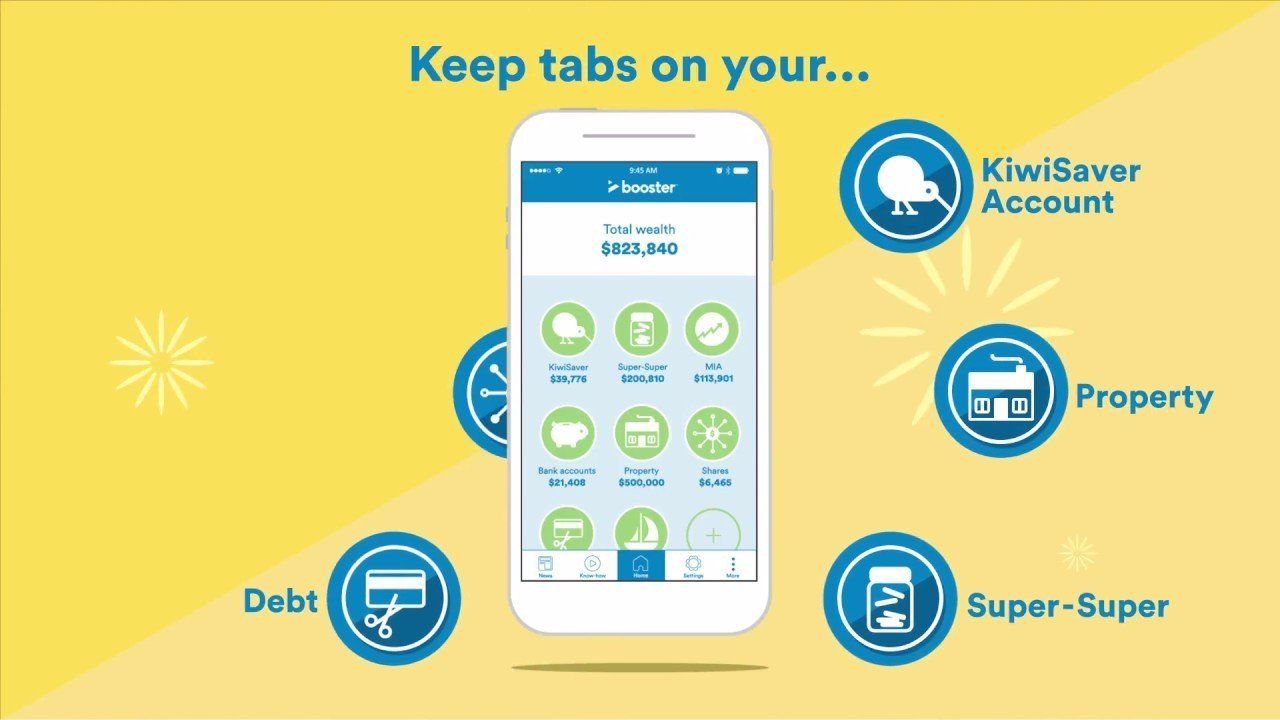Five money lessons you can teach your kids, and maybe yourself?
- By Rossella Quaranta
- •
- 18 Oct, 2017
- •

Who said financial skills are just for grown-ups? Teaching kids about money provides them with a toolbox that will be incredibly useful through life in making confident and informed decisions in the future.
And its importance goes well beyond money itself. It can be the foundation upon which key skill sets are built, such as ethics, empathy, organisation, time and risk management. Of course, the style and approach is personal to every parent, but if you’re not sure where to start, check out these handy tips.
Money is not unlimited
Getting into the saving habit
Waiting pays off
Avoid negative associations with money
Lead by example
As we all know, kids are blank canvases, eager to absorb knowledge and understand how things work. As adults, we’re responsible for planting good seeds and leading by example. If you’re teaching your children about the importance of waiting, for example, try to avoid impulse buys. The bottom line is, you can use these moments to get a more complete picture of your money habits, and teach yourself a lesson or two.
After all, that’s the beauty of financial planning: there’s always room for improvement. And of course, encouraging saving and smart spending habits is an important step towards building a money-savvy future. You can start with making saving fun, and introduce more sophisticated saving strategies as your children grow. Meanwhile, feel free to contact us at any time if you need help developing a financial plan that suits you and your family.
An Adviser Disclosure Statement is available free and upon request.
Want to know more?
If you would like to review your personal insurance protection, talk to your adviser or call Quadrant Today on

When life throws a curve ball or two and you need to claim on your insurance, having the knowledge, expertise and guidance of your insurance adviser makes all the difference.
It’s your adviser’s job to guide you through the process; to help you understand what you can claim; to represent your interests with the insurance company; to make sense of the various forms and process. Ultimately, they’re there to make claim time as stress-free as possible and to help you receive your pay-out in a timely manner.

For example, what if you were to suffer a stroke, heart attack or cancer, and survive - but not be able to work ever again?
Quadrant has a whole range of insurance products designed to alleviate the financial stress on you and your family. We all need to reconsider our insurance needs from time to time, especially at pivotal times in our lives, such as marriage, starting a family, buying a house or becoming self-employed.
It's also important to take account of the escalating costs of medical treatment and rehabilitation, and the amount you might realistically need to properly recover from serious illness or injury, and provide for your family.
Consider the following types of insurance cover available to you:

People insure their car, furniture, luggage and even their pets - but often neglect to insure their hard-earned lifestyle. Left uninsured, which would be the greatest loss?
Purse strings may be tight today, but you'll still want to keep your long-term financial goals on track. We all like to think “it’s never going to happen to me”, but accidents and illness can happen. And some of us die too soon. Life can be unpredictable, which is why many of us decide to protect ourselves with some form of life insurance and disability.
Our Services
Insurance
Personal
- Life
- Trauma/Living Assurance
- Total and Permanent Disablement
- Income Protection
- Health
- Mortgage Repayment
- Waiver of Premium
Business
- Key Person
- Partnership
- Debt Protection
- Locum Cover
- Business Overheads
Companies who we place business with
- Accuro
- AIA New Zealand Ltd
- Resolution Life
- Asteron Life
- Chubb Life
- Fidelity Life
- nib nz Limited
- Partners Life
- Southern Cross
General Insurance
Personal
- Personal
- Home
- Contents
- Motor Vehicle
- Construction
- Boat
- Transit cover
Business
- Commercial building
- Plant
- Contents
- Tools of Trade
- Business Interruption/Loss of Profit
- Marine/Transit
- Liability
- Professional Indemnity
Companies who we place business with
- Ando
- NZI
- QBE
- Vero
- Delta
KiwiSaver
Companies who we place business with
- ANZ
- AMP
- Booster
- Fisher Funds
- Generate
- Milford Asset Management
- Select KiwiSaver
Other Services
- ACC
- Group Life/Health Insurance
- Group KiwiSaver
- All Investments
- XE Money Transfer

Health Insurance

KiwiSaver
Contact Info.
Phone: 021 325 190
Online Enquiry
Footer contact form
We will get back to you as soon as possible.
Please try again later.
© Copyright 2022 | All Rights Reserved | Quadrant Financial Services (2020) Ltd Trading as SHARE








